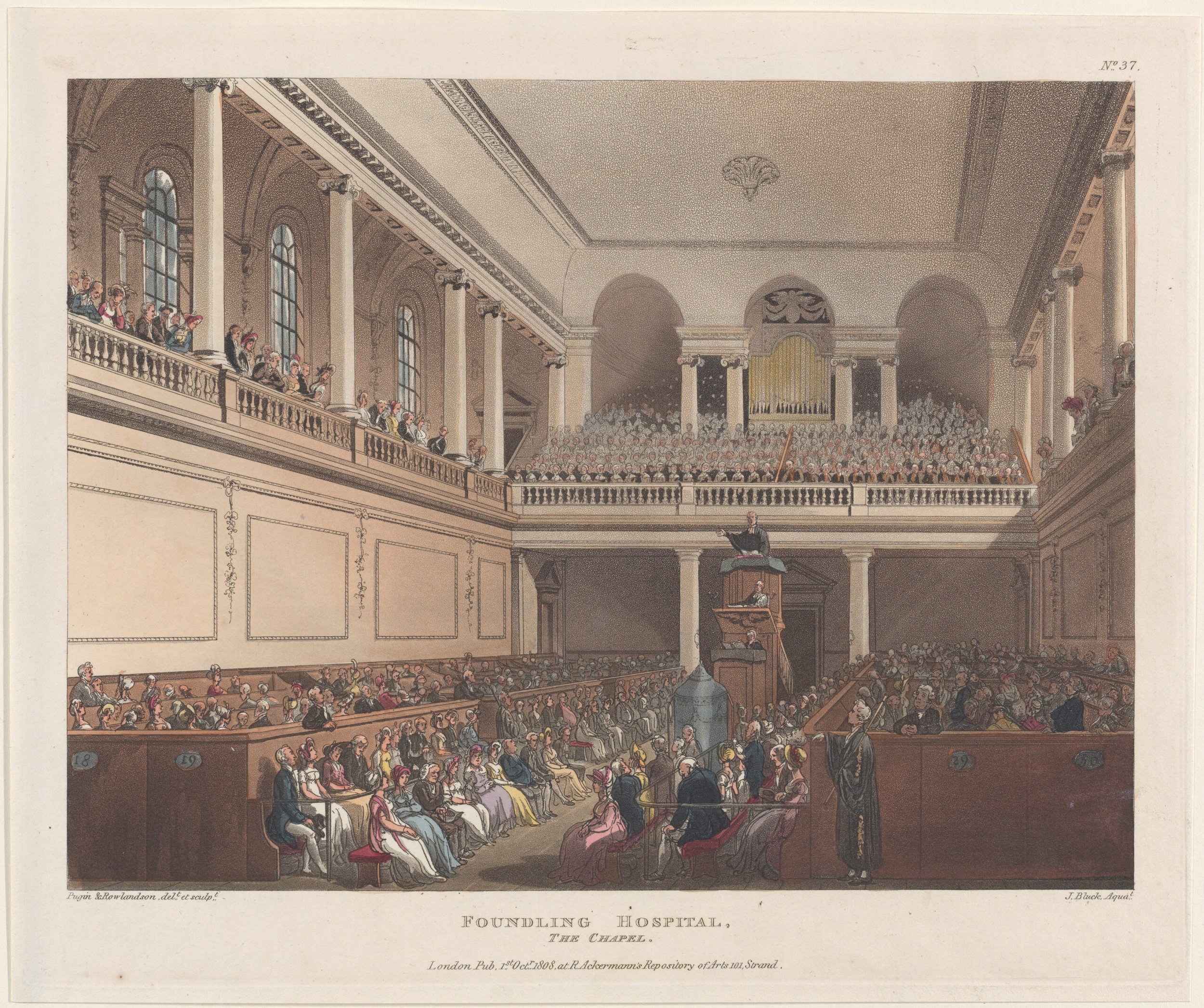Writing Women In: Catherine Lloyd, and the year was 1826
Catherine Lloyd joined the Academy in 1826 under the articles scheme. This allowed talented musicians who could not afford the fees to study at RAM, allowing the institution to take at least part (and usually all) of their professional fees as payment for their education. Catherine was to be articled for three years; in the end, it was for only two. Underneath the slightly convoluted negotiations undertaken on her behalf by her guardian James Taylor and the Academy that are chronicled in the committee minutes one can sense a musician with little control and a growing sense of desperation of what is being asked of her. It’s interesting, too, to see the difference in her treatment from that of her contemporaries the Childe sisters.
It all started rather well – Catherine was going to attend the Academy as an extra student, articled for three years. She appeared in external concerts, for which the Committee negotiated her fee, and she was busy within the institution as well. She sang several Handel arias (a composer for whom she gained a particularly high reputation) in Academy concerts at Hanover Square Concert Rooms, as well as some Italian opera. She even won second prize for singing in 1827. But then in 1828, there was a request from James Taylor that she be released from her articles, to remain a student of the Academy under the same conditions as those who were non-articled. The Committee appear not to have taken this well. They demand that Miss Lloyd pays full fee for the two years she has already had, as well as paying in advance for future studies.
It's worth remembering here that articles meant that a singer had little control over what or where she sang. She could be asked to sing full roles, or take part in a concert at short notice. And while the Academy was often careful about ensuring that engagements did not harm the voices of its young students, the balance of this with the prospect of fees for the financially-straitened institution was not always in favour of the musician. One has to wonder if Miss Lloyd found it all a bit much. It is also noticeable that the demand for her to make good her debt was quite different from the tone adopted around the Childe sisters’ inability to pay.
An important factor in Miss Lloyd’s request to be freed from her articles was doubtless her engagement at the Foundling Hospital: ‘the Secretary of the Foundling Hospital acquaint[s] the Committee that the Governor of that institution had resolved to engage Miss Lloyd to sing in their chapel, at a salary of forty guineas per annum and that she would be required to commence her duties on Sunday next.’ This of course meant that Catherine would not be as available to fulfil any other performing obligations, both due to time but also vocal resilience. The committee, sensing fee settlement possibilities, approved the position, and thereupon expended rather a lot of energy chasing Miss Lloyd for a portion of her income.
It is not clear when Catherine left the Academy, but between 1828 and 1832 she had a busy performing schedule around the country, to extremely good reviews. Frequent mention was made of her ‘rich, full-toned’ sound, and her extensive compass. She was engaged by the Concerts of Ancient Music in 1831, and the papers reported that ‘Miss Lloyd’s voice is peculiarly fine, its tones are dulcet, rich and powerful. Her intonation is perfect, and she imparted to the air allotted to her great expression and feeling. She appears to understand the true style of Handel, which no doubt has been imparted to her from her instructor. This young lady will prove a valuable acquisition to these concerts.’ She also appeared in Brighton, where the review was even more enthusiastic, although noting some room for improvement:
“The principal attraction of the vocalist was Miss Lloyd. She sang the scena “Softly sighs” from Der Freischützto the delight of all present. The tender pathos which she infused into the ballad “Alice Gray” won the enthusiastic plaudits of the audience; and she was not less successful in the aria of Rossini, “Di piacer”. Her voice is of a magnificent description; it is clear, full-toned, and remarkably mellifluous. Her taste too is excellent. In execution she is not so finished; great improvement in that particular has, however, taken place since she visited Brighton last year: by practice she may make herself thoroughly mistress of that essential to complete the finished singer.”
Unfortunately, the usual course of events put a stop to this promising career. At some point in the early 1830s Miss Lloyd became Mrs Johnson and retired from the public stage. Any activities she may have undertaken in private musical spheres remain invisible. The upside to her marriage, however, was that her husband, clearly a good earner, was able to clear the remaining debt to the Academy of £23.2.0, and Miss Lloyd finally exits the minutes of the Committee of Management. It’s unfortunate that a musician with such obvious talent also exits music history. If she had been able to continue as a singer, she may even have made Henry Chorley’s shortlist of eminent musicians forty years later.

